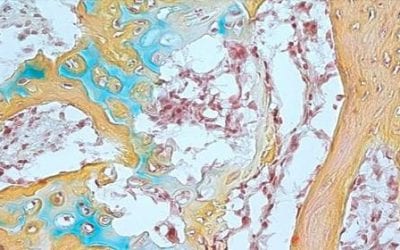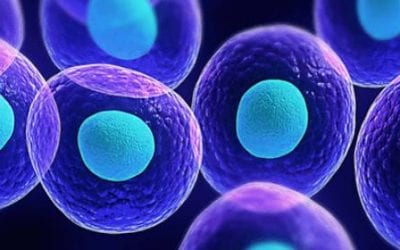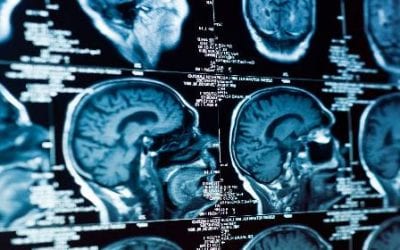Stemedix Regenerative Medicine Research and Health Awareness Blog
Stay up to date with the latest developments in regenerative medicine research and treatment. Subscribe to our newsletter.
Can Hyaluronic Acid Help You Manage Osteoarthritis?
Hyaluronic acid is a naturally-occurring lubricant made by the body to help cushion joints and support a free range of motion. This lubricant can thin over time, resulting from conditions such as injury, obesity, and even natural aging. It manifests as osteoarthritis...
Scientists Have Discovered Skeletal Stem Cells in Humans
The human skeleton is made up of bone, cartilage, fat, nerves, blood vessels, and bone marrow. While the skeleton is usually strong and vibrant in youth, it changes considerably with age. Many people, especially women, experience demineralization of bone called...
Can Physical Therapy Boost Stem Cell Therapy Results?
Regenerative medicine seeks to restore the functionality of cells, tissues, organs, or genes. In particular, stem cell therapy is among the most promising forms of regenerative medicine. This is due to the fact that stem cells are not specialized cells and can,...
The Value of Perinatal Stem Cells in Treating Conditions
Perinatal stem cells have been attracting attention globally in recent years due to their potential in regenerative medicine. These stem cells come in many forms, due to the wide variety of potential sources for these cells. Perinatal stem cells, for instance, may be...
Adipose-Derived Stem Cells as an Anti-aging Treatment in Aesthetic Medicine
Although all living organisms experience aging, scientists have relatively little understanding of why aging occurs. The leading theories on aging suggest that living creatures sustain damage to their DNA through exposure to ultraviolet light, toxins, or even the...
How Does MS Affect the Muscles?
Multiple sclerosis (MS) has widespread effects on the body. The disease is characterized by a breakdown of the protective cover surrounding the nerves, called the myelin sheath. When the myelin sheath is compromised, it makes it more difficult for the brain to...
How Human Adipose Tissues Can Help with Bone Organ Generation
Bone generally develops via one of two distinct mechanisms: intramembranous ossification and endochondral ossification. In the former case, mesenchymal progenitor cells directly differentiate into osteoblasts that form bone. In the latter case, the mesenchymal...
Should You Be Taking Folic Acid Supplements?
While most vitamins and minerals can be obtained through food sources, the modern American diet does leave some nutritional gaps which many people should address. Folic acid, in particular, is one vitamin which contributes to important bodily functions and may need to...
Stem Cells Can Act as Carriers for Therapies
Evidence has been accumulating for years showing how stem cells can serve therapeutic functions. Much of this research focuses on how stem cells can be applied to damaged tissue to help regenerate the area. Because stem cells can differentiate into a wide variety of...
Adipose Stem Cells are Gaining Traction in Plastic Surgery
Adipose mesenchymal stromal cells, or adipose stem cells, were discovered in 2001 and have since been heavily researched for their potential use in plastic surgery. The abundance of research and the positive clinical findings have resulted in these cells being...
5 Probiotic-Rich Foods Besides Yogurt
Probiotics have been gaining attention within the world of nutrition recently due to their suspected ability to help maintain healthy gut flora. These “good” bacteria are found in food and are similar to those already located in your intestinal tract. And, while the...
The Promise of Hyperbaric Oxygen Therapy in Traumatic Brain Injury
Many US warfighters are left with traumatic brain injury (TBI) and/or posttraumatic stress disorder (PTSD) after suffering blast injury during battle. TBI is one of the leading causes of disability in the United States, and PTSD is rapidly becoming a leading cause of...













 St. Petersburg, Florida
St. Petersburg, Florida
